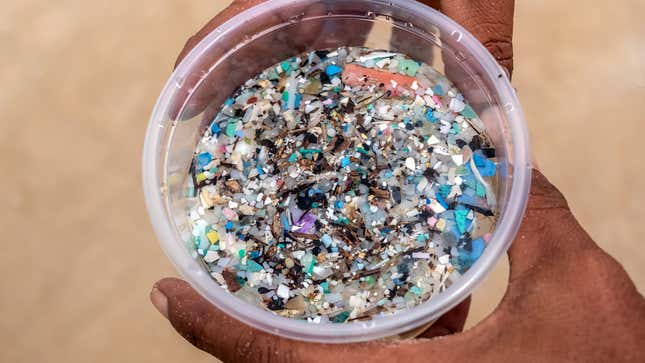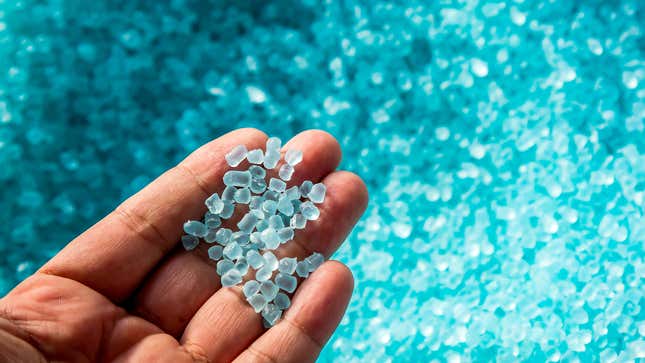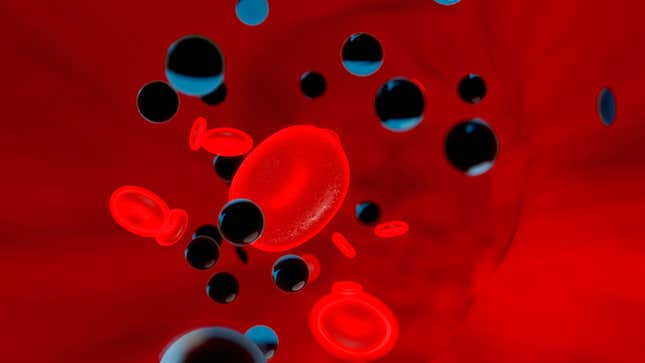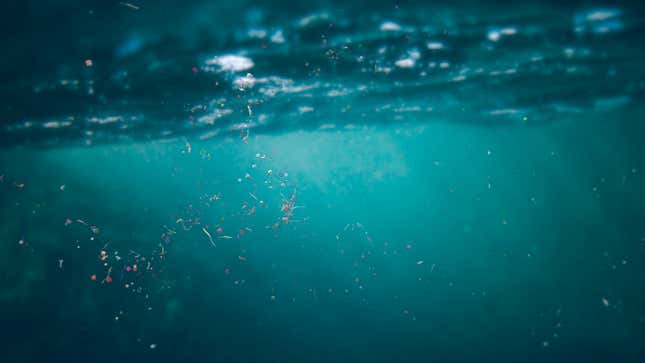
Microplastics were recently found in human blood for the first time, leading to questions about what they are and how they could affect people’s health. The Onion answers common questions about microplastics.
Advertisement
2 / 11
Q: What are microplastics?
Q: What are microplastics?

A: Seventy-sixth at best on the list of existential threats currently facing the human race.
Advertisement
3 / 11
Q: How dangerous are they?
Q: How dangerous are they?

A: Not as dangerous as the other substances they’ll find in your blood soon.
Advertisement
4 / 11
Q: How long do microplastics remain in your blood?
Q: How long do microplastics remain in your blood?

A: Only a couple thousand years or so, after which point you should be fine.
Advertisement
5 / 11
Q: How do they get into the ocean?
Q: How do they get into the ocean?

A: Microplastics in our oceans can be attributed to the poor recycling habits of tropical fish.
Advertisement
6 / 11
Q: Can the production of harmful microplastics be slowed down?
Q: Can the production of harmful microplastics be slowed down?

A: Not without slashing the profit margin of Dow Chemical by nearly 0.07%.
Advertisement
7 / 11
Q: What’s stopping the government from taking action?
Q: What’s stopping the government from taking action?

A: Over time, small amounts of toxic lobbyists have accumulated in Congress.
Advertisement
8 / 11
Q: How can I avoid them?
Q: How can I avoid them?

A: Experts agree the only way to avoid harmful microplastics is to be born, live, and die before the invention of plastic in 1862.
Advertisement
9 / 11
Q: How can we consume less plastic?
Q: How can we consume less plastic?

A: The most effective way to consume less plastic is to cut back on eating it between meals.
Advertisement
10 / 11
Q: Should I be worried about my health?
Q: Should I be worried about my health?

A: No, whatever’s going to happen to you is baked in at this point.
Advertisement





Comments are closed.